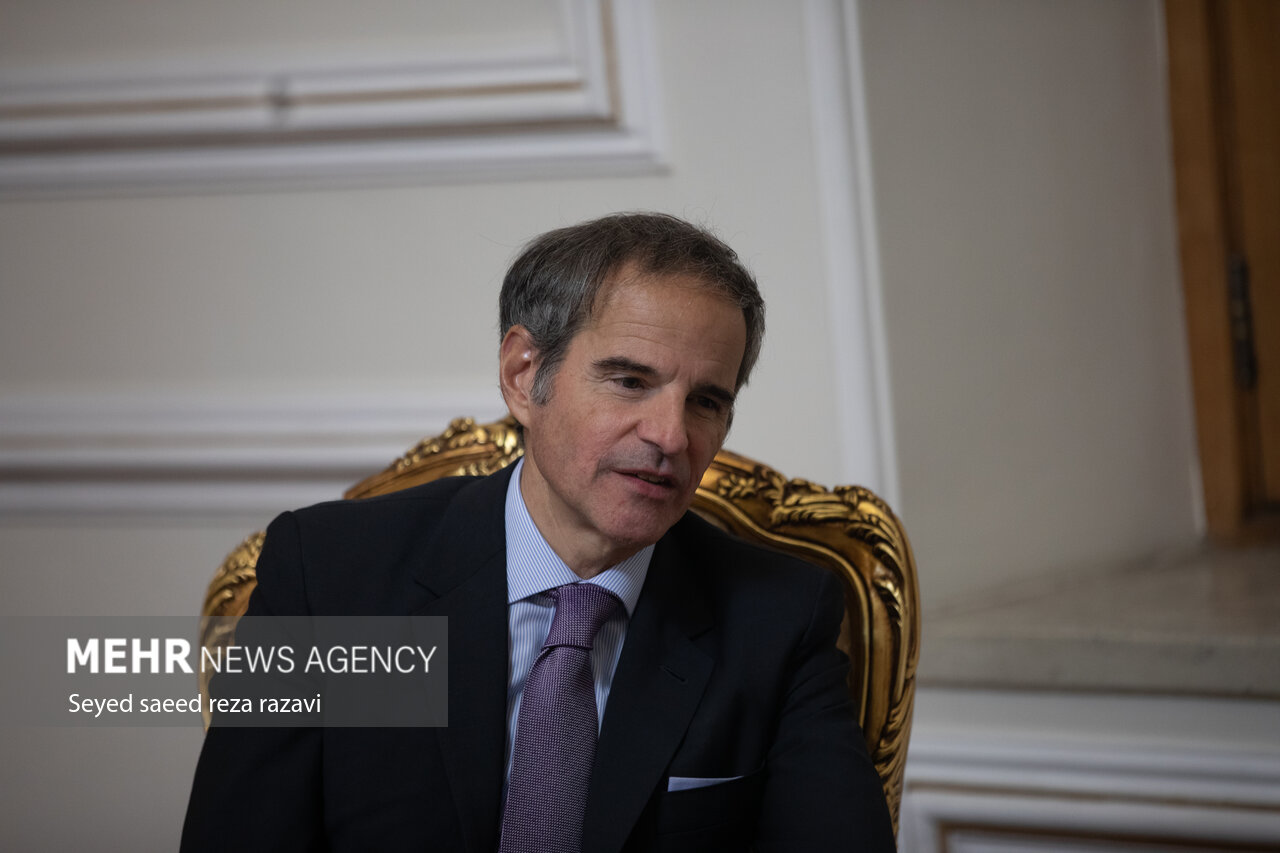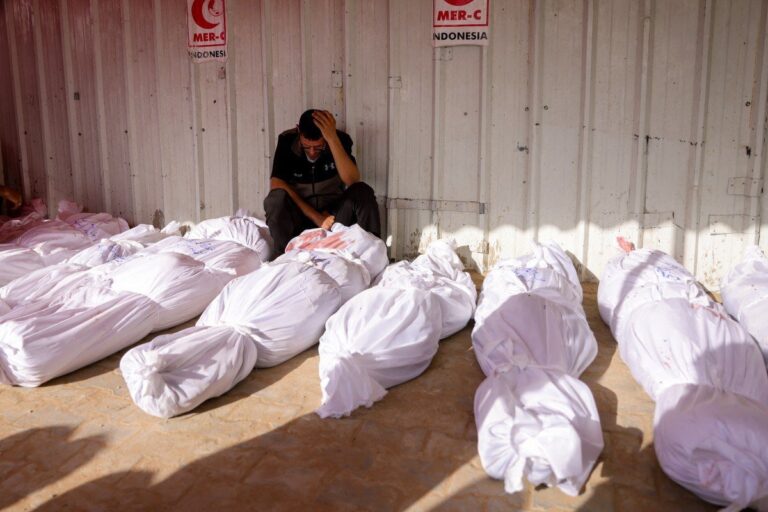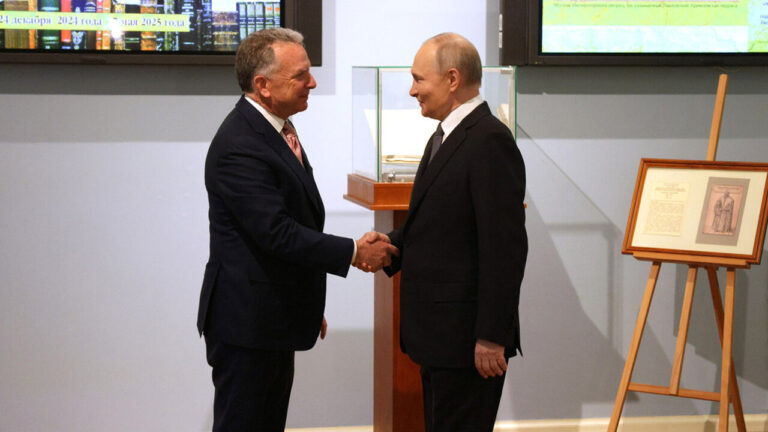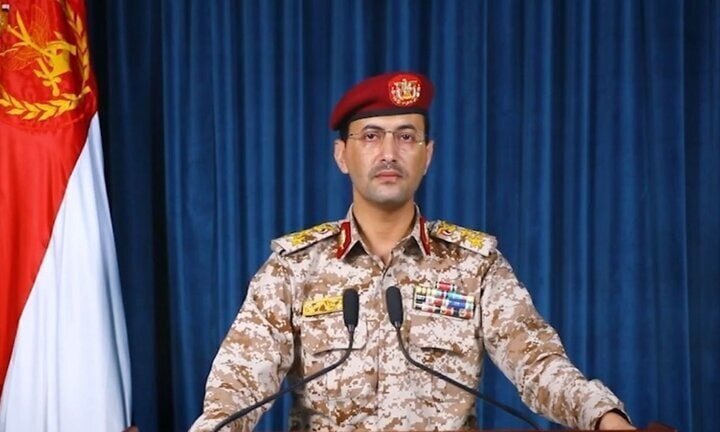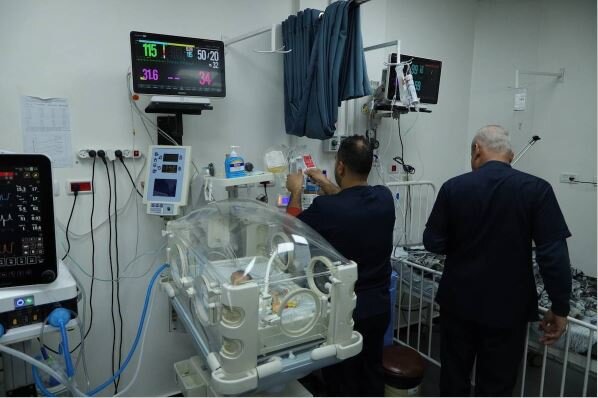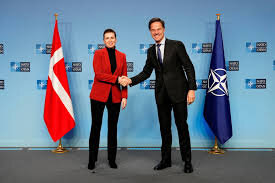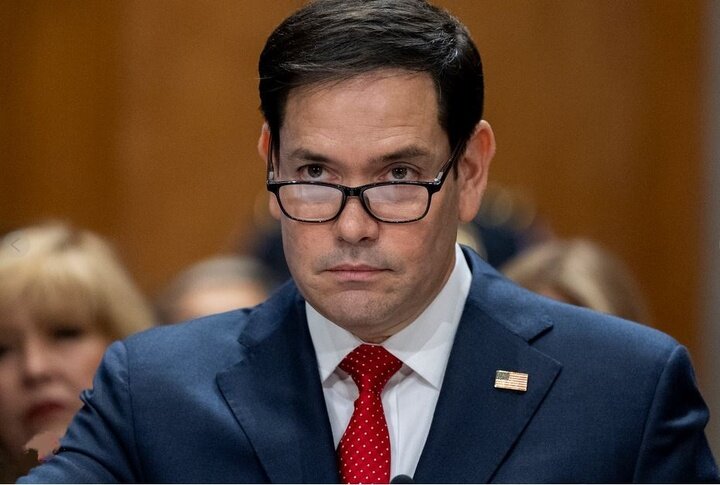Urgent Call for Diplomacy: Grossi’s Insights After Tehran Talks
The recent discussions between the IAEA chief and Iranian officials highlight the ongoing significance of Iran’s nuclear program and its implications for international diplomacy. These talks are crucial in ensuring transparency and cooperation in a time when the global community is seeking credible assurances regarding the peaceful nature of Iran’s nuclear activities.
The Director General of the International Atomic Energy Agency (IAEA), Rafael Grossi, arrived in Tehran with a technical delegation earlier this week. His visit aims to bolster communication and collaboration with Iranian authorities regarding the nation’s nuclear program. During his time in Iran, Grossi emphasized the importance of cooperation, stating, “Cooperation with IAEA is indispensable to provide credible assurances about the peaceful nature of Iran’s nuclear programme at a time when diplomacy is urgently needed.”
Grossi’s remarks reflect the urgency surrounding nuclear discussions, particularly in the context of international relations and the ongoing negotiations related to Iran’s nuclear capabilities. The IAEA chief’s meeting with Iranian Foreign Minister Abbas Araghchi was described as “important,” indicating a significant step forward in diplomatic efforts.
The schedule for Grossi’s visit includes a key meeting with Mohammad Eslami, the head of the Atomic Energy Organization of Iran (AEOI), which is set to take place on Thursday. This meeting is expected to focus on various aspects of Iran’s nuclear program and the IAEA’s role in monitoring it. The collaboration between Iran and the IAEA is crucial for building trust and ensuring that Iran’s nuclear activities remain within peaceful bounds.
- IAEA Chief’s Arrival: Grossi’s arrival in Tehran marks a pivotal moment in the ongoing dialogue regarding Iran’s nuclear ambitions.
- Importance of Cooperation: Grossi highlighted that cooperation with the IAEA is essential for assuring the international community about the peaceful nature of Iran’s nuclear program.
- Meetings Scheduled: Grossi is scheduled to meet with top Iranian officials, including the head of the AEOI, to discuss nuclear matters.
During his time in Iran, Grossi faced criticism for previous accusations made against Iran’s peaceful nuclear program. In an interview with Le Monde prior to his visit, he expressed concerns that may have raised tensions between the IAEA and Iranian officials. However, his current discussions appear to be aimed at mending relations and fostering a more cooperative atmosphere.
In response to these diplomatic overtures, Foreign Minister Abbas Araghchi has reiterated Iran’s stance on its nuclear enrichment activities. He emphasized that “Iran’s enrichment is non-negotiable,” highlighting Tehran’s right to enrich uranium as part of its sovereign capabilities. This statement underscores Iran’s commitment to its nuclear program and its resistance to external pressures regarding its enrichment operations.
The backdrop of these discussions includes the broader context of negotiations aimed at reviving the Joint Comprehensive Plan of Action (JCPOA), which has faced numerous challenges since the United States withdrew from the agreement in 2018. The return to diplomacy surrounding Iran’s nuclear program is seen as vital for regional and global stability.
- Iran’s Stance: Iran asserts that its right to enrich uranium is non-negotiable, emphasizing national sovereignty.
- Context of Negotiations: The discussions are part of ongoing efforts to revive the JCPOA and address concerns over Iran’s nuclear activities.
- Diplomatic Efforts Needed: The international community is calling for constructive dialogue to resolve tensions surrounding Iran’s nuclear program.
The IAEA’s role in monitoring nuclear activities is critical, especially as it seeks to provide assurances to the international community regarding the peaceful nature of Iran’s program. The agency’s ability to conduct inspections and verify compliance is essential in fostering trust among nations and ensuring that nuclear technology is used responsibly.
As the diplomatic landscape evolves, the relationship between Iran and the IAEA will play a significant role in shaping the future of nuclear governance. The outcome of Grossi’s meetings and the ongoing dialogues will likely influence international perceptions of Iran’s nuclear intentions and its commitment to upholding non-proliferation norms.
In conclusion, the recent talks between the IAEA chief and Iranian officials signal a renewed focus on diplomacy and cooperation. With both sides expressing the need for dialogue, the potential for progress in addressing the complexities of Iran’s nuclear program remains. The world watches closely as these discussions unfold, hoping for a resolution that ensures peace and security in the region.
